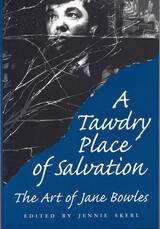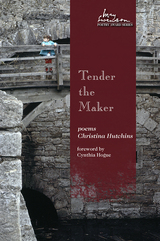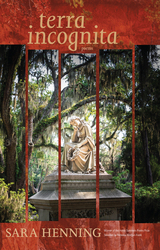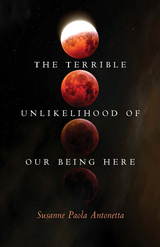Cloth: 978-0-674-29361-8 | eISBN: 978-0-674-30526-7 (ePub) | eISBN: 978-0-674-30527-4 (PDF)
Building on the work of key twentieth-century US and Indian thinkers, a bold argument that oppressed groups can—and should—make use of state power to create truly democratic societies.
Group-based social oppression, along lines such as caste in India and race in the United States, is a persistent problem in nominally democratic countries. Unsurprisingly, many citizens are skeptical that the state can effectively address the problem. Pro-democracy scholars and activists often argue that the state is just a tool of society’s most powerful interests, who will stifle any attempted reform.
Yet some of the twentieth century’s most significant political thinkers offer a more hopeful and fruitful perspective. Foregrounding previously neglected connections between Indian and American sources, Hari Ramesh draws on insights from John Dewey, B. R. Ambedkar, W. E. B. Du Bois, and a key brief from Brown v. Board of Education to argue that oppressed groups can in fact wield the tools of the state to claim agency and dismantle the sources of their oppression. In this alternative vision, state action fosters a radical vision of democracy, with citizens coming together as equals to formulate and pursue their political aims.
Group-based social oppression is not only unjust: by selectively preventing citizens from participating fully and equally in the project of self-government, oppression undermines the possibility of democracy itself. Harnessing the State shows a way forward.
See other books on: Activism & Social Justice | Civil Rights | Harnessing | Pursuit | State
See other titles from Harvard University Press












